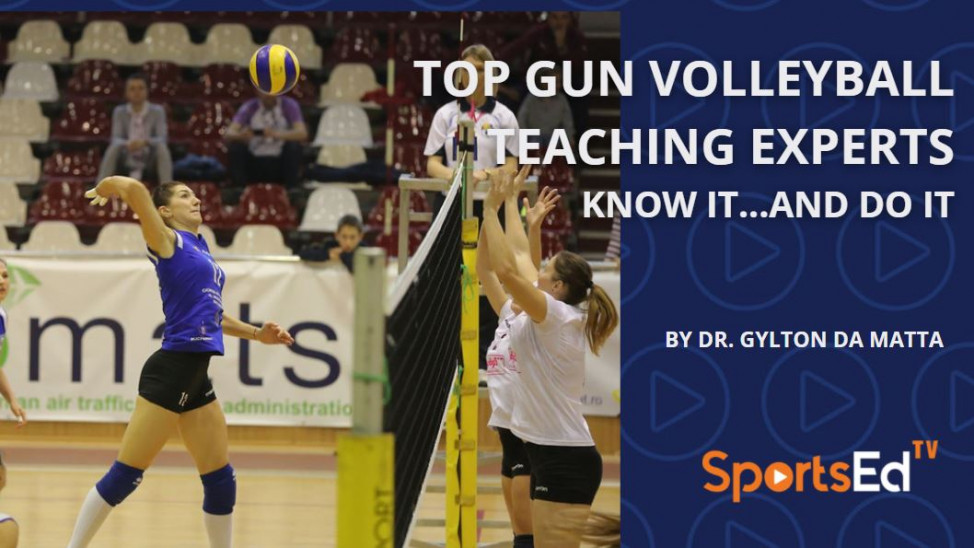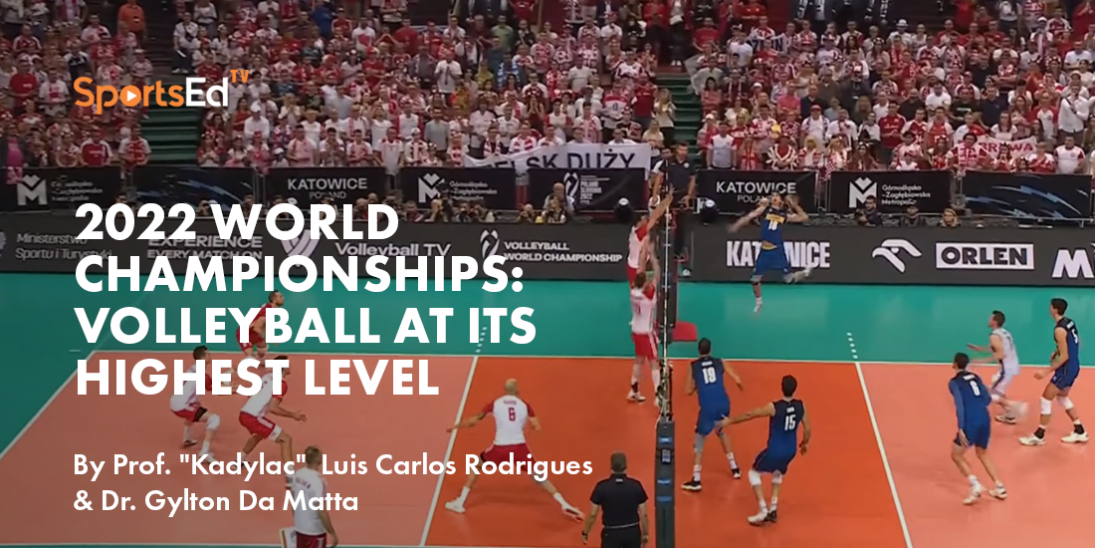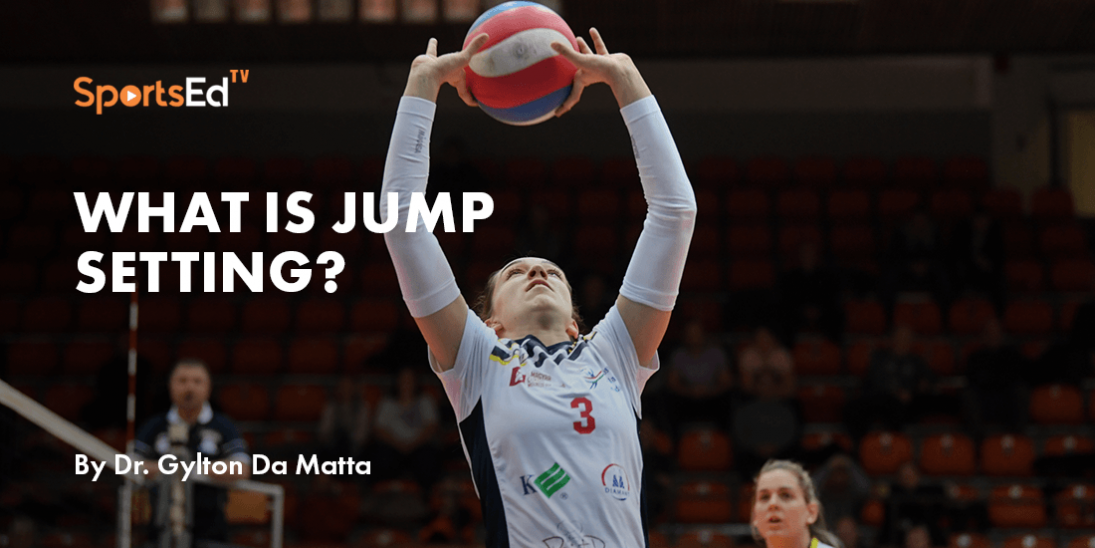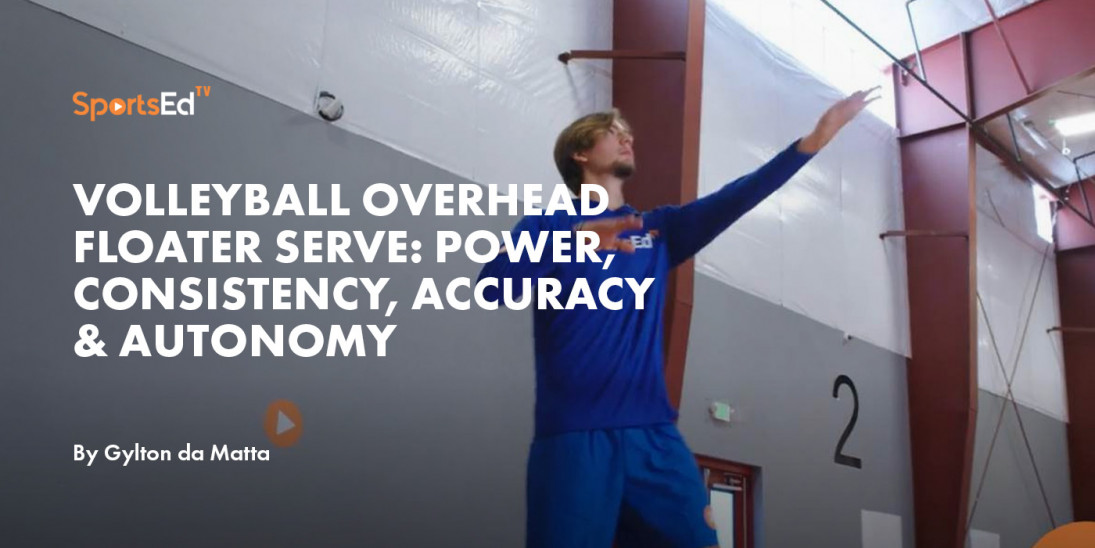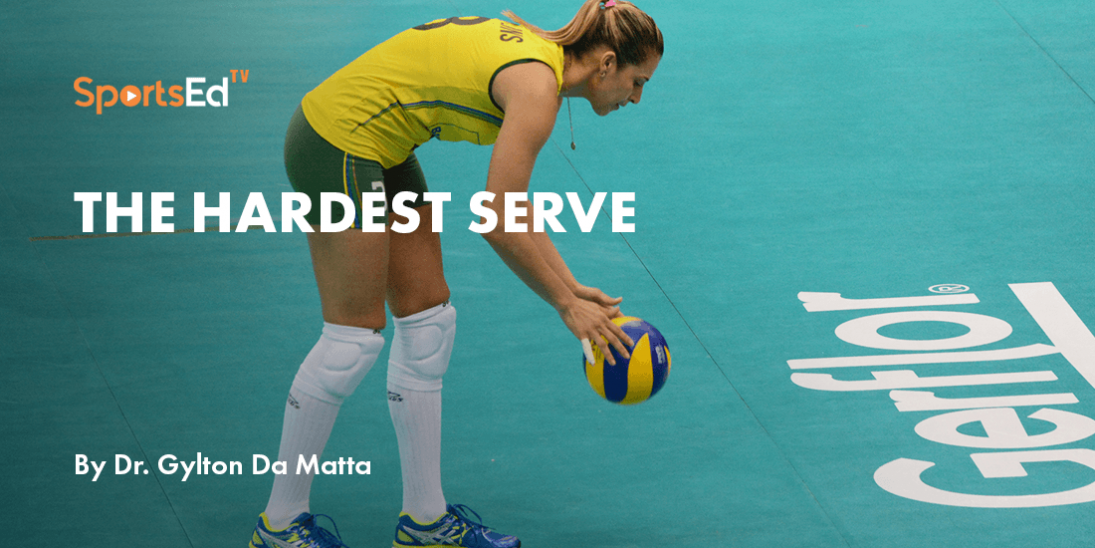Volleyball
Welcome and thanks for visiting...

Longevity in Volleyball: A Possibility for All
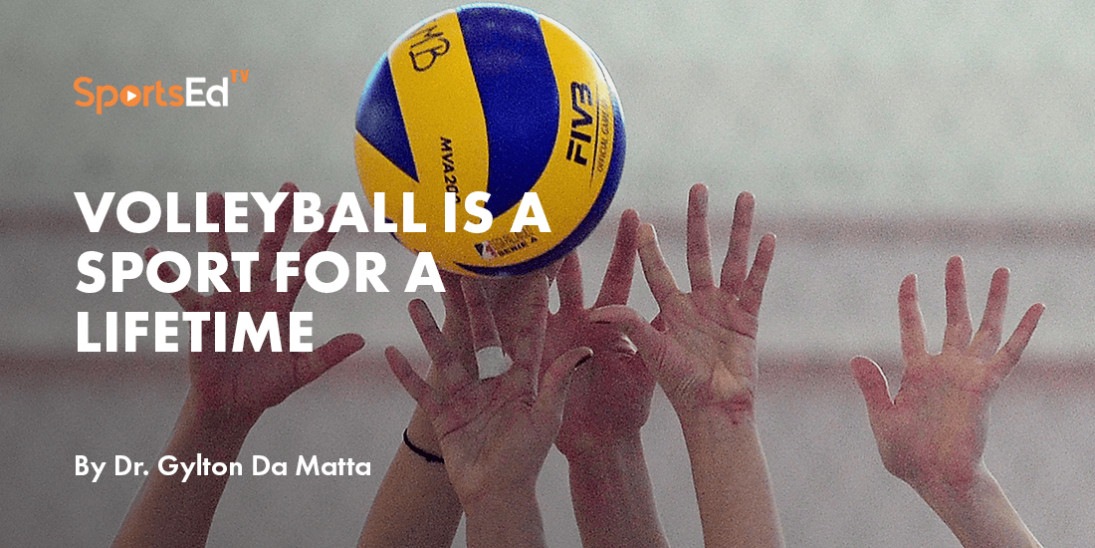
SportsEdTV Volleyball is committed to bringing athletes, coaches, and parents pro-level volleyball education videos for FREE. All levels, anywhere, anytime. Check out our full instructional library and sign up to join our volleyball community!
Volleyball is a sport for a lifetime.
This should be true for all volleyball players who engage in organized and systematic training. When an 11-year-old child decides to play volleyball he/she is declaring their love and passion for the sport forever.
We don’t know why people choose to play a given sport, but we know why they stop playing it. Among the many top factors, getting injured is not only a catastrophic barrier to a volleyball career, but it is also the most fearful reason that top volleyball players have reported (Da Matta, 2004; Da Matta et.al., 2021).
For this reason, since 1986 I have been involved in expertise development in teaching, coaching, and playing volleyball. Over the years, we have found that in countries in which volleyball coaches are not certified K-12 Physical Educators, there is a high rate of injuries and problems related to bad coaching.

Carol Gattaz and Dr. Gylton Da Matta
During the time of my dissertation defense, some people mentioned that playing volleyball was a short-lived experience and that volleyball players could not play more than 28-30 years of age. Based on the data of my dissertation, the quality of technical concepts, the individualization of conditioning, and the adoption of volleyball specific training in boxes could lead to strategies to manipulate the structure of practice and ultimately, allow the acquisition of high-efficiency techniques that would also preserve athletes to perform their best for longer periods.
These and other innovating approaches to training are in my new book, 21st Century Volleyball Expertise which I highly recommend all volleyball coaches to read and check closely what it is exactly that I am talking about.
The purpose of this piece is to report the successful experiences of elite volleyball players who have overcome many barriers to continue to play volleyball at the highest levels, extremely successfully. Most examples provided reflect the findings of my research and show that playing volleyball, at the highest levels for about 20-25 years is a true possibility through the lived experiences of several volleyball players who participated in my research in 2001 and 2002 when I first stated that volleyball players would start playing volleyball until 40 years of age or more (Da Matta, 2002).
In April of 2001, I had the opportunity to interview Carol Gataz, who was practicing and playing for the Senior national team of Brazil at the Navy Academy and the AABB (Athletic Association of Bank Brazil) in Rio de Janeiro. In 2002, Brazilian volleyball engaged in high-quality training, high-quality coaching and adopted unique injury prevention in volleyball, which I think should be disseminated within the volleyball community. At that time, Carol mentioned that playing volleyball was her life choice. She could have gone to the university, or she could even be an artist, but she chose to play volleyball professionally. One of my questions to Carol was:
Gylton: “_In your view, regarding your volleyball career, what do you fear the most?”
Carol: “I fear getting hurt and playing for a coach who does not understand the importance of good technique in volleyball.”
Two weeks ago, after more than 20 years, I met Carol at the airport. “Gyltinho!!!” Carol yelled at the International Airport of Galeao. Minas Tennis Club had just played in the night before. Minas Tennis Club (one of the top clubs in the Brazilian professional league, also one of the best leagues in the world). Coincident or not, I was a couple of seats away from my friend, Nicola Negro, the Head Coach of Minas Tennis Club. In our brief chat, Coach Negro revealed that both Carol Gataz and Thaissa Menezes (Daher-Palisi) were two of the best players on the court with more than 15 points each. Thaissa, was 16 when I interviewed her in the Junior National tournament in Nova Lima, Brazil in 2001.

Head Coach Nicola Negro and Dr. Da Matta – No coincidence!
During my conversation, with Coach Nicola Negro, I asked if the training for both players was easier or special. He immediately answered: “They practice the hardest. No, practice is the same but it is individualized, differentiated, and with a high level of science to allow efficiency while motivating the players!"
That answer was spot on!
In modern volleyball, the scientific contribution towards load control and maximizing practice efficiency indicates the adoption of the deliberate practice approach in volleyball (Da Matta, 2015).
The implementation of deliberate practice in volleyball assumes that one cannot change the demands of the game. Volleyball has been physically, emotionally, technically, and collectively demanding and fast pace. To sustain top levels of performances, coaches have to implement practice situations that reproduce and resemble the real game.
Therefore, there is no way to "dilute" or "water down" practice intensive or expectations. But overtime practice sessions as well as their procedures, tasks, and methods have evolved tremendously.
Unfortunately, very few people have access to this information because it has not been disseminated to the general volleyball community yet. I am sharing many concepts in my book and others will be distributed through the volleyball video that SportsEdTV will produce in 2022.
Of course, when I met Thaissa, I had to immediately ask how practices were, how intense and how was she feeling. She promptly responded: _ "Gyltinho, I feel great!!!!"

Thaissa and Dr. Da Matta_ Determination and joy…as always!
Walewska Oliveira, Juciely Barreto, and Fabiana Coutinho, who have returned to play volleyball after having a baby, depict other key players who have experienced the same quality of deliberate practice administered in Brazil. Their seniority implies that they are performing their best while maintaining excellent levels of health, determination, and professionalism.
Many misconceptions underlie long-term athletes' development. In the view of spectators, one might say that women's volleyball is easy. Others might say that the players are physically gifted, therefore, the reason why they play for so long is due, nature or due chance. Nothing further from the truth! The women's volleyball training is compatible, if not harder than men. They practice and play for 6 hours a day and endure more barriers than men do. Their conditioning is, individualized, controlled but very intense and strenuous.
But one of the tools used is the Vert Software, which helps to monitor the number of jumps each player performs while alerting if the player is within her limit or not. Of course, a good coach does not need very expensive technology to get this information but using common sense and scientific scouting will help to protect players from overtraining.
What is good practice? How can we assure that players are enjoying practice while maximizing their performances and also keeping their health?
Maybe those are questions of our next blogs but very briefly. Balancing the volume and intensity of practice is possible to be done by checking players' heart rate and also monitoring the number of jumps players execute in a game and also during practices.

Coaches need to understand what the quality of the practice is.
Another important factor in the quality of practice relies heavily upon the notion that volleyball is beyond jumping. Great coaches understand how to distribute practice so it can have block sessions, series of tasks and sometimes implement randomized intervals of practice. A good understanding of practice organization leads to an optimal distribution of practice which is a key factor to building a periodization or planning program for volleyball players at any level. Anyhow, it is awesome to see that volleyball players now have the possibility to play volleyball competitively and recreationally, truly, for a lifetime!

Thanks to great coaching we will see Fe Garay and Fabiana Coutinho playing together again very soon!

This blog was made with the kind participation of volleyball players, Head Coach Nicola Negro, Head Coach Bernardo Rezende and Coach Prof. Ricardo Tabach

